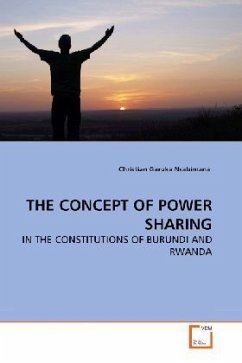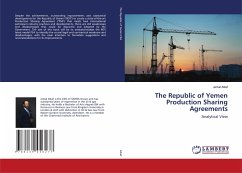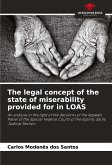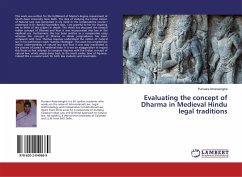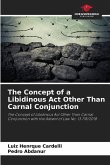Both Burundi and Rwanda have experienced ethnic violence that has led to civil war and Genocide (Rwanda). The two central African countries have taken a unique approach to democracy by taking into consideration the causes of their ethnic conflict in which many innocent civilians have lost their lives. Thus, the concept of power sharing has been incorporated as in the Constitutions of Rwanda and Burundi with the same aim of preventing ethnic conflict but with a different approach. Burundi has focused on power sharing based on ethnic representation whereas Rwanda's approach is based power sharing among political parties. This book analyses the effectiveness of power sharing in helping to achieve the goal of establishing a functioning democracy in the two countries as provided in their respective constitutions.
Bitte wählen Sie Ihr Anliegen aus.
Rechnungen
Retourenschein anfordern
Bestellstatus
Storno

